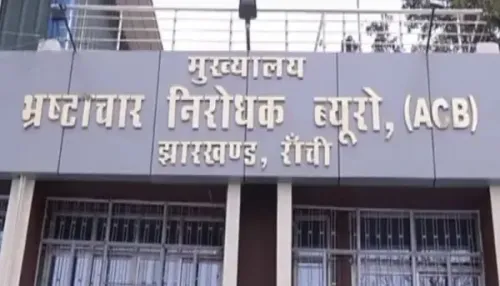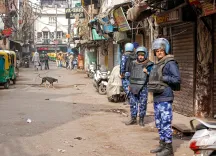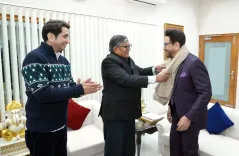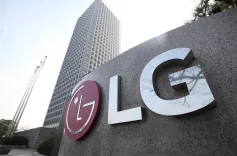How Has the Ujjwala Yojana Changed the Life of 'Divyang' Veena Devi in Bihar's Muzaffarpur?
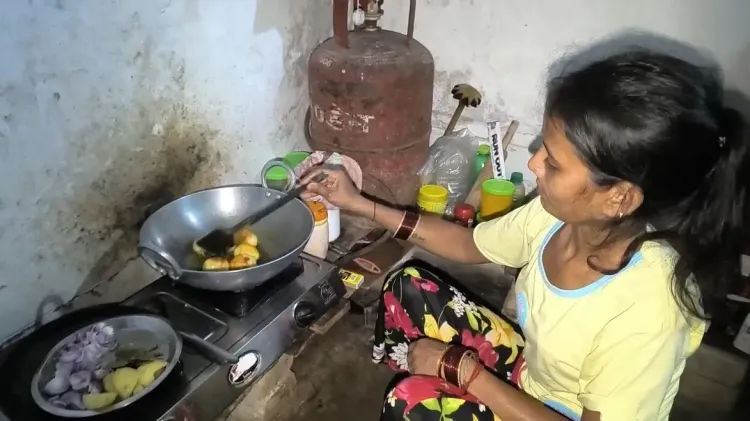
Synopsis
Key Takeaways
- Ujjwala Yojana significantly improves health by reducing smoke exposure.
- Empowers differently-abled individuals like Veena Devi.
- Provides additional government benefits such as rations.
- Promotes clean cooking fuel in rural areas.
- Enhances safety and convenience in cooking.
Patna, May 2 (NationPress) The Pradhan Mantri Ujjwala Yojana has greatly improved the life of Veena Devi, a differently-abled woman residing in Bihar’s Muzaffarpur district. This initiative has liberated her from the harmful smoke of traditional stoves, leading to significant health benefits.
Veena Devi, who lives in the Bahalkhana area of Muzaffarpur, is physically challenged in both legs, making mobility difficult. Previously, she struggled to cook using a stove, facing numerous hurdles in gathering firewood and accessing necessary medications.
Upon discovering the Pradhan Mantri Ujjwala Yojana, she decided to enroll, unaware of how transformative it would be for her life.
In an interview with IANS, Veena Devi expressed, "I have benefitted immensely from the Pradhan Mantri Ujjwala Yojana and I am deeply grateful to the Prime Minister for this initiative."
She added, "Being handicapped in both legs and having poor eyesight, this scheme has provided me with great relief, and I sincerely thank PM Modi for it."
Veena Devi's daughter shared with IANS, "Seven years ago, we relied on a stove for cooking, which posed significant health risks. Now, thanks to the Pradhan Mantri Ujjwala Yojana, our family is experiencing happiness with this change."
Furthermore, she noted that they have also received other benefits from central government schemes, including rations and special allowances.
"I am grateful to Prime Minister Modi for enabling individuals like us to access these benefits," she remarked.
It’s important to highlight that the PMUY is a social welfare initiative introduced by the Modi government aimed at achieving a smoke-free rural India. The primary goal of this scheme is to replace hazardous cooking fuels like coal and firewood with clean LPG, thereby safeguarding the health of women and children by reducing indoor smoke pollution.




